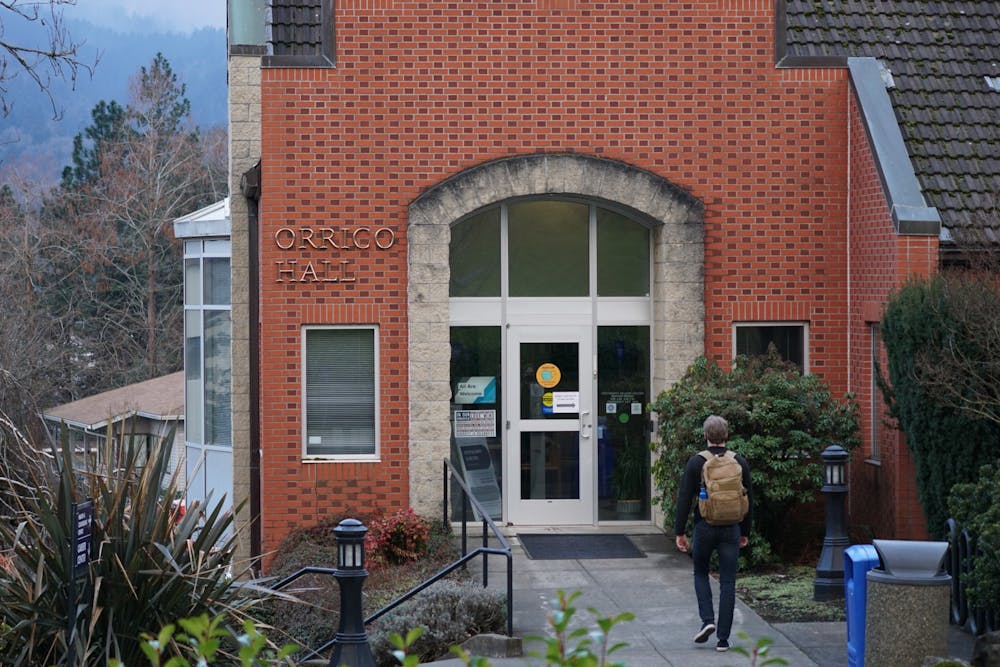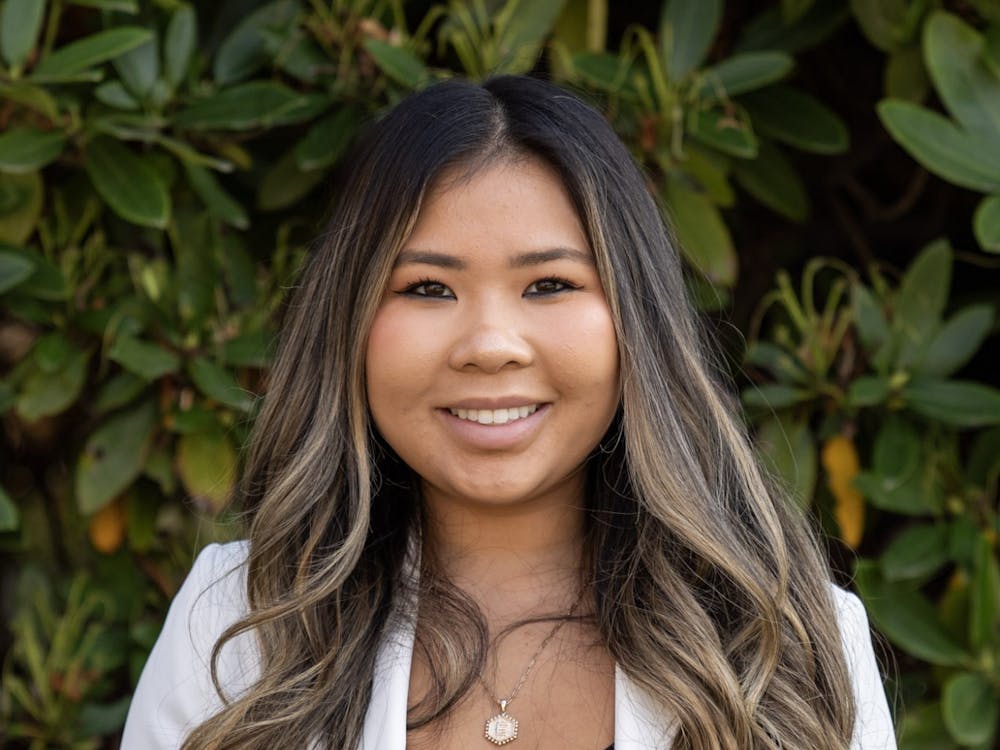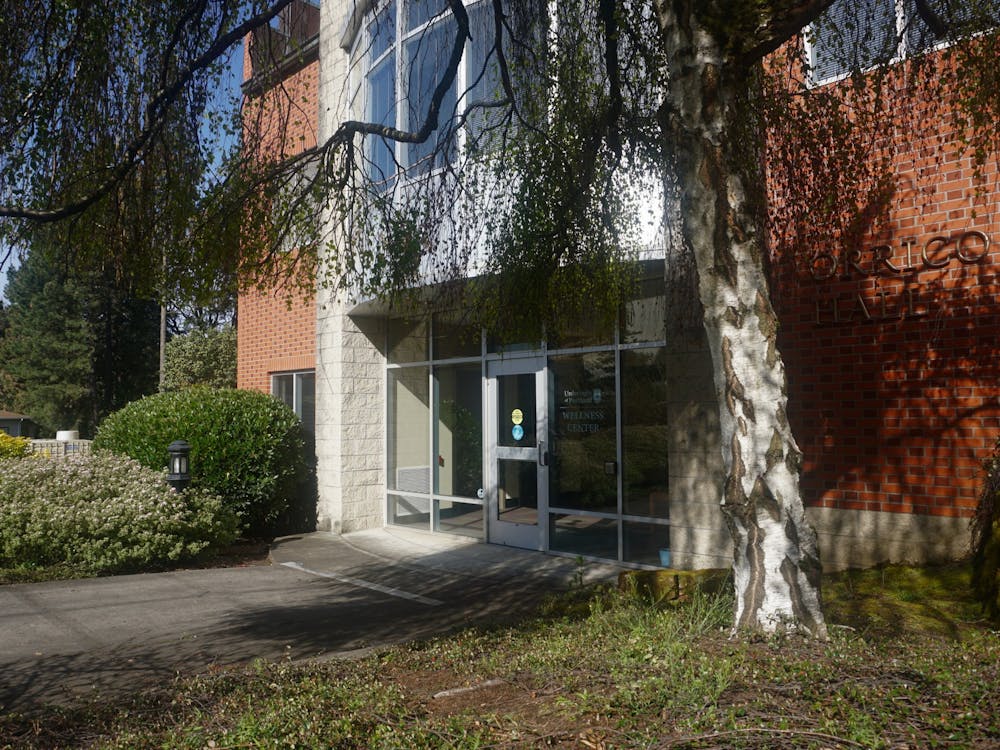Orrico Hall can be a source of anxiety for many students. Imagery of intimidating therapists with framed degrees and invasive questions may creep into one’s mind when looking at the counseling services of the Health and Counseling Center. Vulnerability with strangers can be terrifying, and the stigmas associated with mental health still loom large in society.
The Health and Counseling Center offers four support groups to help students of various identities navigate complex emotional situations and learn vital interpersonal skills. The groups available this term are: the coping skills group, queer support group, interpersonal trauma support group and core process group. Each group addresses a specific topic and is available free of charge to all UP students.
The HCC offers two types of support groups for students: drop in and process. Wei Motulsky, a postdoctoral psychology resident, explained that the first type of support group is a drop in group that focuses upon a particular topic. The coping skills group, queer support group and interpersonal trauma support group are examples of this first category. Due to the drop in nature of this type of group, students do not have to come every week.
“The other kind is what we call a process group,” Motulsky said. “We have a cohort of anywhere between four and eight people in the group … the expectation is that every week, as much as possible, those same people come. Instead of a topic, the purpose of the group is for them to practice being in relation to each other.”
Being in relation to each other may sound like an ambiguous practice. The process group allows students to gain interpersonal skills and practice utilizing those skills in a safe environment with their peers.
“Think of it as like a rehearsal for you to practice new things,” Motulsky said.

Joining a support group can be an intimidating affair, especially if it is someone’s first experience with mental health services. So what steps should students take and what should they expect?
“You don't necessarily need to just dive into the support group,” Greg Peterson, director of student wellness at the HCC, said. “We actually wouldn't recommend that. [For] the support groups and the core process group, I would recommend [students] come and talk to us about it. If you have questions about it, be screened for one of the groups and see if it is something that'd be helpful for you.”
The staff at Orrico Hall can answer any questions that students may potentially have. Group sessions can be complex and nerve-wracking. Having information about who leads the group and how it functions can help ease student’s anxiety.
Even with a wealth of information, there is still stigma around seeking help regarding mental health. Having the humility and vulnerability to take advantage of HCC’s services can be difficult.
“Almost every single person could use someone to talk to,” Motulsky said. “We want people to come, we want to help people. The biggest justification we have for continuing to hold the space for groups is for people to attend.”
The staff at Orrico Hall want to combat the stigmatization of mental health by reasserting why they are here at UP in the first place. Rather than Orrico Hall being an intimidating building, they want it to serve as a safe space for students to get the help they need and develop critical emotional skills.
“You are regularly in conversation with your peers, it just happens to be of an academic nature,” Peterson said. “And when it becomes a topic about emotions or our experience, it can be scary, but effectively, it's really just another topic of conversation. The more we destigmatize being able to have conversations around our emotions, overall, the easier this becomes.”
The HCC knows that having the presence of support groups on campus will encourage students to find community with people who are facing similar struggles. Finding connections can be intimidating, but support groups are a safe and effective way in opening up the dialogue around mental health issues for students. The HCC hopes that these support groups gain traction and serve students throughout the coming years.
“We want this to be a conversation that pretty much everybody has everywhere on campus; about mental health and well being and that the university becomes health promoting and mental health promoting,” Peterson said. “I want students to know that overwhelmingly, our staff care about them and want them to do well.”
If you are interested in attending one of the support groups offered, you can set up a consultation appointment with a counselor by calling the HCC at 503-943-7134. They can also be reached through their email hcc@up.edu.
Noah Carandanis is a news reporter for The Beacon. He can be reached at carandan26@up.edu








